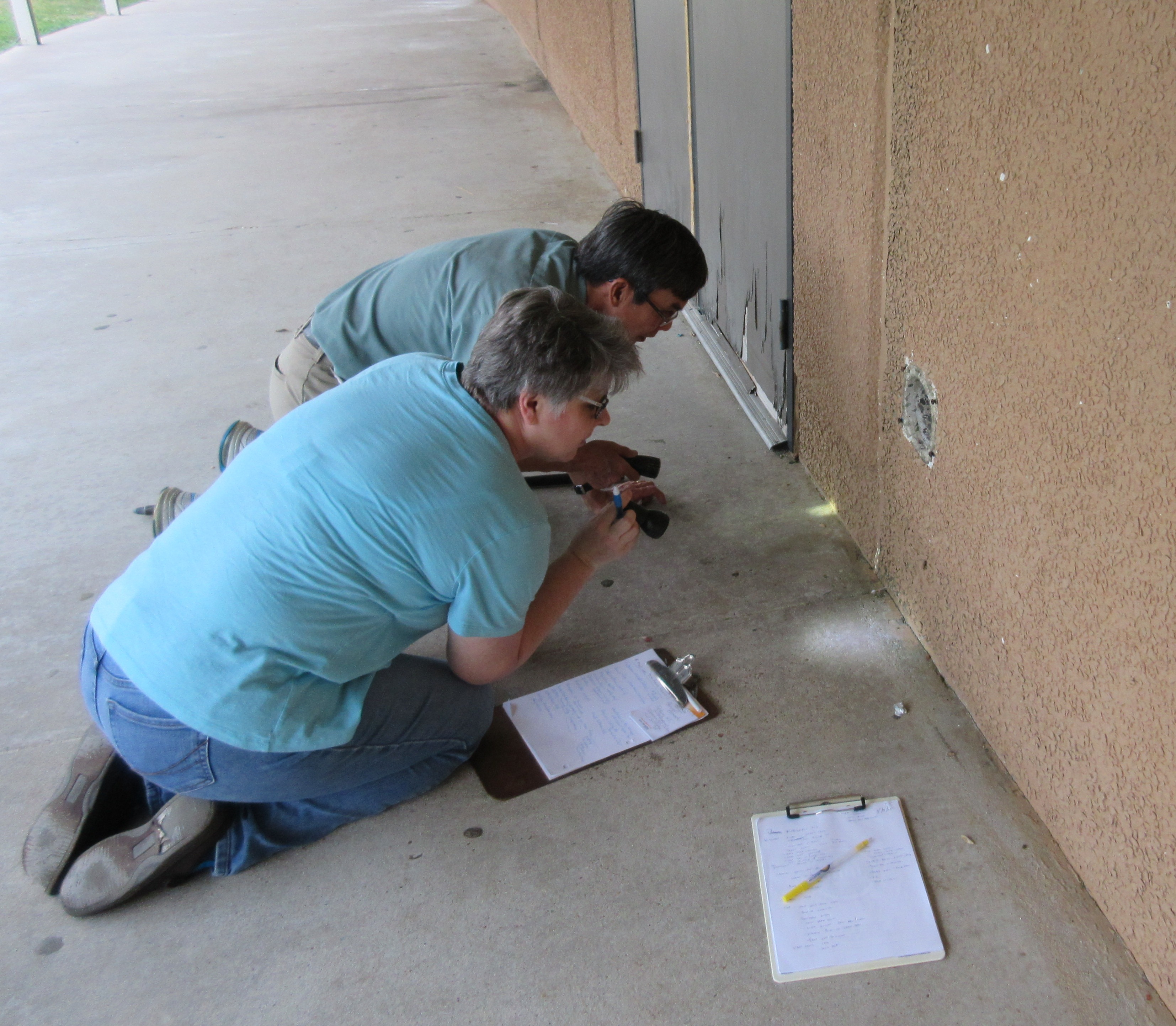Statewide pest management trainings for school coordinators start in March
New laws in effect for school districts, coordinators to be aware of
The Texas A&M AgriLife Extension Service has announced the schedule of integrated pest management, IPM, trainings for school district coordinators for 2024.

To help school districts adhere to new rules passed by the Texas Department of Agriculture, TDA, that went into effect in January, AgriLife Extension will offer in-depth two-day regional trainings and at least one six-hour training.
Janet Hurley, AgriLife Extension integrated pest management specialist at the Texas A&M AgriLife Research and Extension Center at Dallas and school IPM training instructor, will lead each training.
2024 trainings schedule
In-person trainings will be held across the state, beginning with the one-day training March 7 for East Texas at the Region 8 Educational Service Center, Pittsburg. This event will be from 9 a.m. to 4 p.m., and the cost is $100. Registration is required by Feb. 23. Register at http://tx.ag/EastTexasISDIPM.
Registration cost is $240 for two-day trainings. It includes lunch, a spiral-bound book with training materials and continuing education units for those with a TDA applicator license.
Class time is 8:30 a.m. to 5 p.m. daily, with a one-hour break for lunch.
The dates of the two-day trainings, region and meeting addresses are as follows:
- March 27-28 | North Texas Area — Crowley ISD Multi-Purpose Stadium | 9900 Hemphill St., Fort Worth.
- April 10-11 | Central Texas Area — Marble Falls ISD Administration | 1800 Colt Circle, Marble Falls.
- Sept. 18-19 | Houston Area — Conroe ISD Operations Facility | 1900 Farm-to-Market Road 2854, Conroe.
- Oct. 1-2 | Concho Valley Area — San Angelo ISD Administration Building | 1621 University Ave., San Angelo.
Visit the AgriLife Register website to sign up for one of these classes.
“In addition to our in-person classes, we also offer a six-hour school IPM course or the one-hour school IPM refresher course online,” Hurley said.
Participants may register for online trainings at https://agrilifelearn.tamu.edu/s/ and use the keyword school IPM. The cost is $25 for the refresher course and $45 for the six-hour course. A free course is also available for those wanting to learn about integrated pest management in school gardens.
Changes in rules, regulations
On Jan. 16, the one-year grace period expired after TDA adopted rule changes related to the Structural Pest Control Service, SPCS, last January, and these rules will now be enforced when inspectors are performing their annual inspections.
“This year it is more important than ever that IPM coordinators for schools are aware of new rules and law changes they must adhere to,” Hurley said.
Under the Texas Administrative Code, all public schools in Texas are required to adopt, implement and maintain a school IPM program, but she said many school districts are still not implementing their IPM programs to the letter of the law.
The Texas law requires each school board to adopt an IPM policy that follows all legal requirements for pesticide use. The schools must make their policy available for the public to review. Importantly, each district must designate an IPM coordinator who ensures compliance with the IPM policy.
The state rules require each district IPM coordinator to attend a six-hour training class within six months of appointment. After the initial training, the school IPM rules require coordinators to receive an additional six hours of training in school IPM every three years.
Hurley said one of the new rules has to do with the position of IPM coordinator, and school districts are now required to notify the SPCS when an IPM coordinator leaves within 10 days of their leaving. This must be done in writing, and a new IPM coordinator must be appointed within 30 days of losing the current coordinator.
IPM coordinator responsibilities
These trainings are designed to give the IPM coordinator, who often wears more than one “hat” at the school district, a foundation to oversee their role in the IPM program.
“It’s important to understand that the school district’s IPM coordinator has a lot to oversee,” Hurley said.
School IPM rules require the district IPM coordinator to oversee and be responsible for the following:
- Work with pest management personnel.
- Ensure all who perform pest control are licensed and trained.
- Maintain all IPM records.
- Ensure district administrators adhere to IPM guidelines with pest contracts.
- All pesticides used in the school district follow the school district’s IPM program, and current pesticide labels and safety data sheets are maintained.
- Educate school administrators and relevant school district personnel about their roles in the IPM program, reporting and notification procedures.
- Maintain a current copy of the school district’s IPM policy.


